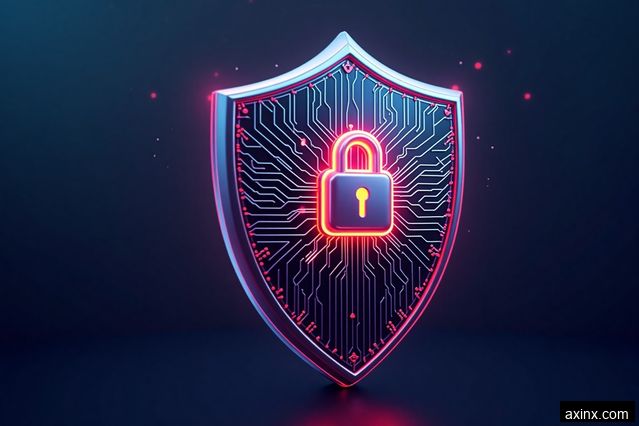Rise of Remote Work and Its Security Implications
The COVID-19 pandemic has accelerated the adoption of remote work, leading to an increased reliance on digital tools and cloud services. While remote work offers flexibility and cost savings, it also introduces new security challenges. IT consulting firms need to ensure their clients have robust security measures in place to protect sensitive data and prevent unauthorized access. This includes implementing secure remote access protocols, using multi-factor authentication, and conducting regular security audits.
The Role of Artificial Intelligence in Cybersecurity
Artificial intelligence (AI) is transforming the cybersecurity landscape. AI-powered systems can analyze vast amounts of data in real-time, enabling IT consultants to detect and respond to security threats more effectively. Machine learning algorithms can identify patterns and anomalies, allowing businesses to proactively mitigate risks. AI can also automate the process of patching vulnerabilities and updating security protocols, reducing the burden on IT teams. However, IT consultants must also be aware of the potential for AI to be exploited by hackers, necessitating the implementation of robust AI security measures.
Emergence of Zero Trust Architecture
Traditional perimeter-based security measures are no longer sufficient in today's threat landscape. Zero trust architecture takes a more comprehensive approach by assuming that no user or device can be trusted by default, regardless of their location within the network. This approach requires IT consultants to implement strict access controls, authenticate users and devices at every step, and continuously monitor and evaluate network traffic for any suspicious activities. By adopting a zero trust architecture, businesses can minimize the risk of data breaches and unauthorized access.
Growing Importance of Cloud Security
Cloud computing has become an integral part of IT infrastructure for many businesses. However, the shared responsibility model means that while cloud service providers are responsible for securing the underlying infrastructure, businesses are responsible for securing their data and applications. IT consultants play a crucial role in helping businesses navigate the complexities of cloud security. This includes assessing the security capabilities of cloud providers, implementing encryption and access controls, and regularly monitoring and auditing cloud environments to identify and address any vulnerabilities.
The Impact of Internet of Things (IoT) on Security
The proliferation of IoT devices has expanded the attack surface for cybercriminals. IT consulting firms need to assist businesses in implementing robust security measures to protect IoT devices and the data they collect. This includes ensuring that IoT devices have strong authentication mechanisms, implementing network segmentation to isolate IoT devices from critical systems, and regularly updating firmware and software to patch any vulnerabilities. Additionally, IT consultants must educate businesses about the potential risks associated with IoT devices and the importance of implementing security best practices.
The Role of Ethical Hacking in Cybersecurity
Ethical hacking, or penetration testing, has become an essential component of cybersecurity strategies. IT consultants leverage ethical hacking techniques to identify vulnerabilities and weaknesses in their clients' systems and networks. By simulating real-world attacks, ethical hackers can uncover potential security gaps and provide recommendations for enhancing the overall security posture. Regular ethical hacking assessments help businesses stay one step ahead of cybercriminals and ensure their systems are adequately protected.








